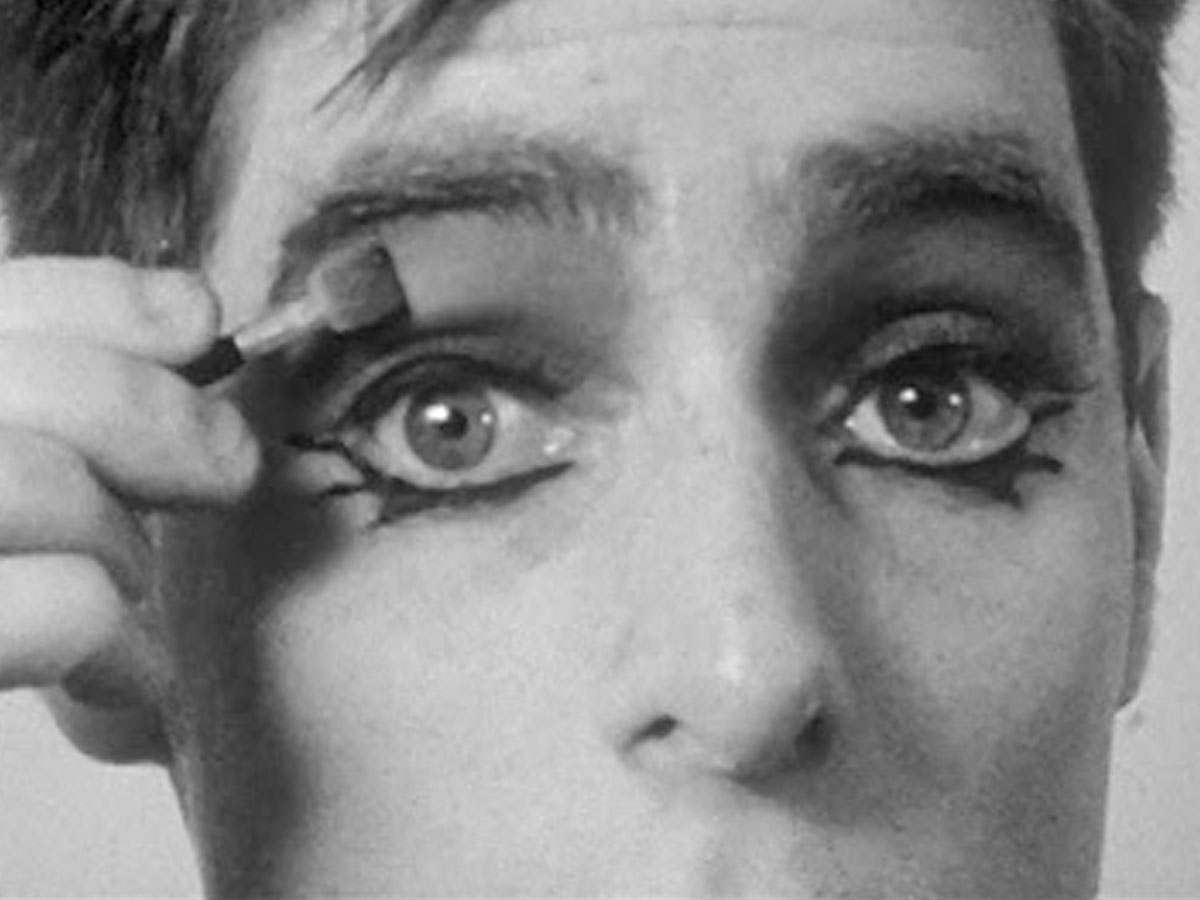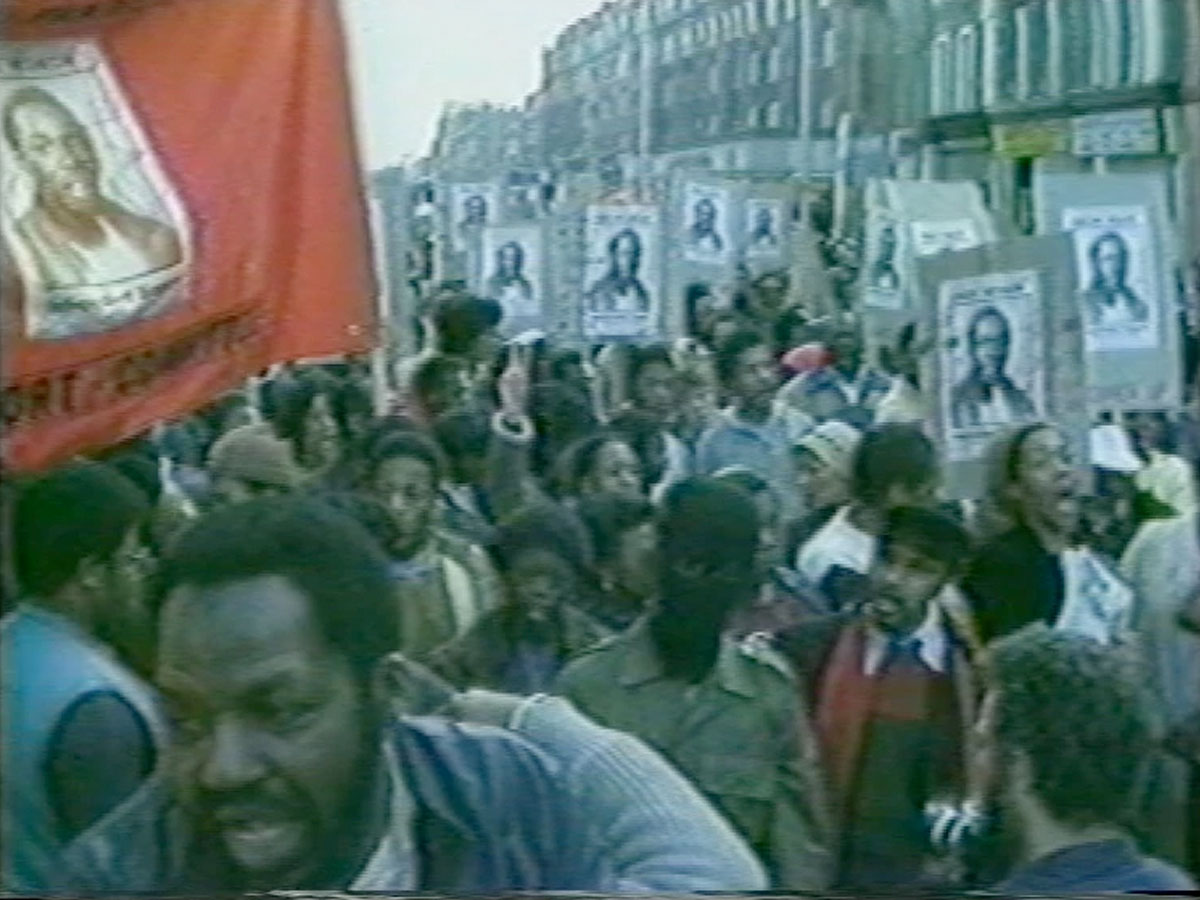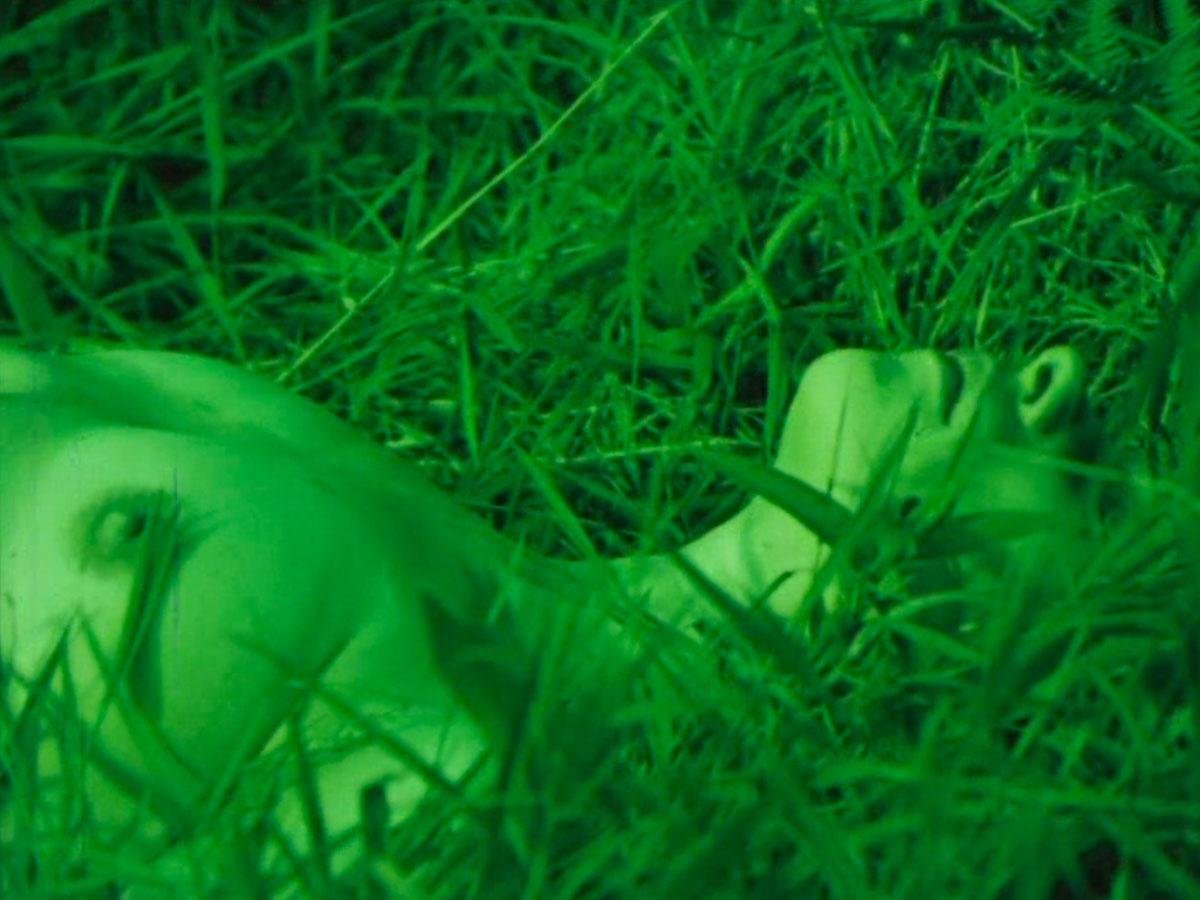
Beautiful People
Artist and AIDS activist David Wojnarowciz focuses on civil rights and gay identity within American popular culture. A raging, haunting iconoclastic voice just like Walt Whitman and William S. Burroughs, his work equally deals with timeless topics like sex, spirituality, love, and loss.
Wojnarowicz rose to fame during a period marked by creative energy, financial uncertainty, and sweeping cultural changes. Largely self-taught, he refused to adhere to one distinctive style and used a wide variety of art forms such as film, photography, performance, and painting. Many of his projects were drawn from his own life or from people he met during his travels; Wojnarowicz dropped out of school and hitchhiked across the United States before eventually settling in the New York art scene.
A few years before he died of HIV, he made Beautiful People. The film follows fellow band member and friend Jesse Hultberg as he gets dressed up in drag and takes to the streets of New York until he reaches a quiet lake.




